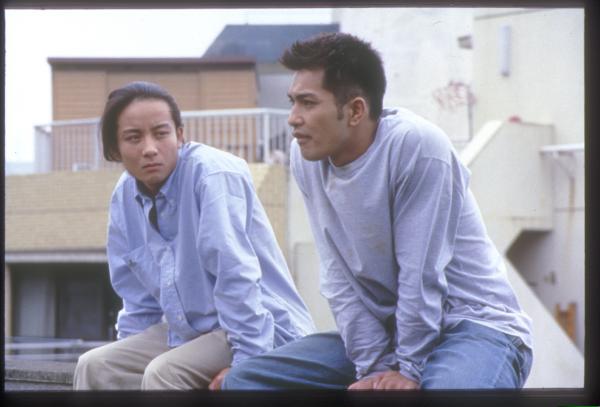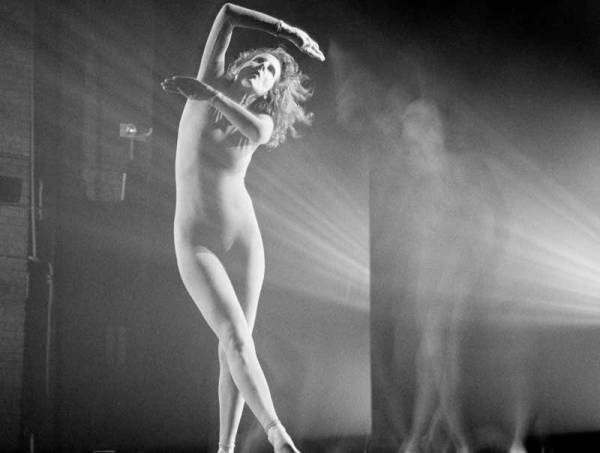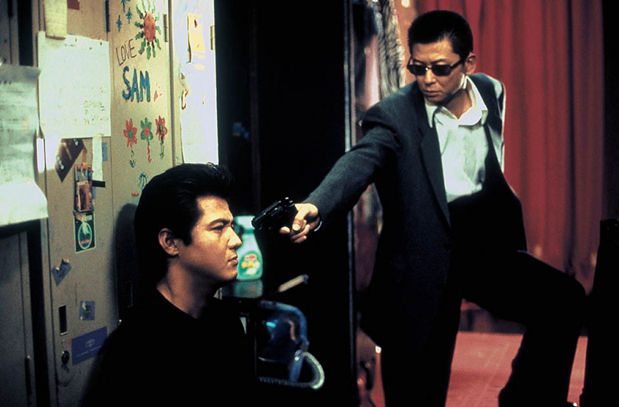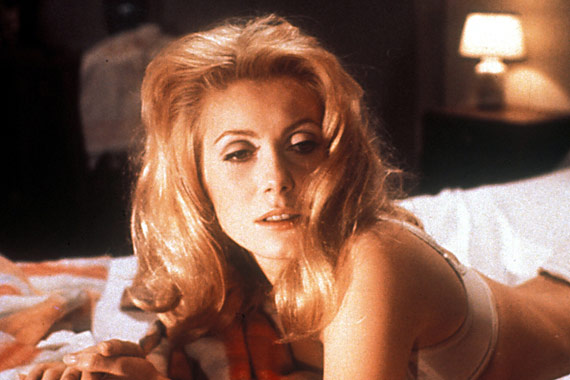
The Mets are hoping David Wright and company get back in the swing of things this season at Citi Field (photo by twi-ny/mdr)
Citi Field
123-01 Roosevelt Ave. at 126th St.
Monday, March 14, 10:00 am
718-507-TIXX
www.newyorkmetscom
The New York Mets’ upcoming season is riddled with more questions than usual. Will Mike Pelfrey turn into a number one starter? Will Johan Santana make it back this year? Will Jason Bay find the power he seems to have lost? Who will play second? Will Carlos Beltran’s knees and Jose Reyes’s hamstring hold up? Do they have a closer who can stay out of jail? Will Saul Katz and the Wilpons have to sell off part of the franchise? Can new manager Terry Collins instill pride into this fallen bunch? Will anyone care? You can show you care by helping fill seats at Citi Field, where attendance has gone down from more than 50,000 in 2009, when the Amazin’s were 89-73, to less than 40,000 in 2009 (70-92) and fewer than 32,000 in 2010 (79-83). But don’t expect it to be easy. Despite an overall average decrease of fourteen percent in ticket prices, the Mets have a complex, detailed seating hierarchy that involves Marquee, Premium, Classic, and Value pricing based on specific games, depending on who the competition is and when the game is being played; then you have the choice of seats ranging from Promenade Reserved, Left Field Landing, and Baseline Box to Caesars Club Gold, Metropolitan Box Platinum, and Delta Club Platinum, with the cheapest tickets $10.80 and the most expensive $440. Among this year’s promotions are Mr. Met Bobblehead Day (April 8), Cap and Hot Dog Eating Contest (June 4), Ike Davis Bobblehead Night (July 19), Jose Reyes Banner and Fiesta Latina (August 5), various Sunday Mr. Met Dashes for kids twelve and under, and other hat, bag, cup, towel, and T-shirt giveaways. Tickets go on sale this morning at 10:00. See you at the game?

 Takashi Miike complete his thematic Black Society Trilogy with one of his best crime dramas, 1999’s Ley Lines. Following 1995’s Shinjuku Triad Society: Chinese Mafia War and 1997’s Rainy Dog, the third film focuses on Godardian-like ennui of disenchanted youth as Ryuchi (Kazuki Kitamura), his younger brother, Shun (Michisuke Kashiwaya), and their friend Tan (Tomorowo Taguchi), Japanese children of Chinese immigrants, leave their rural home to find a more exciting life in Shinjuku, and they get their wish pretty quickly, immediately getting hustled by tough-talking prostitute Anita (Dan Li). To make money, they start selling toluene on the street and end up on mob boss Wong’s (Naoto Takanaka) bad side, which is never a good idea. Ley Lines is beautifully shot by Naosuke Imaizumi, with intense colors and dramatic shots of the city. Although the film contains plenty of sex and violence, it is also one of Miike’s deepest, most emotional works, especially when the main characters gather on a rooftop and talk about life. Ley Lines, which also features Miike regulars Ren Osugi and Shô Aikawa, is screening twice at the Film Society of Lincoln Center series “Shinjuku Outlaw: 13 from Takashi Miike,” being held March 16-20 in conjunction with Subway Cinema and also including such Miike films as Fudoh: The New Generation (1996), Agitator (2001), Crows Zero II (2009), and the awesome new 13 Assassins (2010). [Ed. note: Miike was originally scheduled to appear at the Walter Reade Theater to introduce several screenings but has had to cancel because of the catastrophic events occurring in Japan.]
Takashi Miike complete his thematic Black Society Trilogy with one of his best crime dramas, 1999’s Ley Lines. Following 1995’s Shinjuku Triad Society: Chinese Mafia War and 1997’s Rainy Dog, the third film focuses on Godardian-like ennui of disenchanted youth as Ryuchi (Kazuki Kitamura), his younger brother, Shun (Michisuke Kashiwaya), and their friend Tan (Tomorowo Taguchi), Japanese children of Chinese immigrants, leave their rural home to find a more exciting life in Shinjuku, and they get their wish pretty quickly, immediately getting hustled by tough-talking prostitute Anita (Dan Li). To make money, they start selling toluene on the street and end up on mob boss Wong’s (Naoto Takanaka) bad side, which is never a good idea. Ley Lines is beautifully shot by Naosuke Imaizumi, with intense colors and dramatic shots of the city. Although the film contains plenty of sex and violence, it is also one of Miike’s deepest, most emotional works, especially when the main characters gather on a rooftop and talk about life. Ley Lines, which also features Miike regulars Ren Osugi and Shô Aikawa, is screening twice at the Film Society of Lincoln Center series “Shinjuku Outlaw: 13 from Takashi Miike,” being held March 16-20 in conjunction with Subway Cinema and also including such Miike films as Fudoh: The New Generation (1996), Agitator (2001), Crows Zero II (2009), and the awesome new 13 Assassins (2010). [Ed. note: Miike was originally scheduled to appear at the Walter Reade Theater to introduce several screenings but has had to cancel because of the catastrophic events occurring in Japan.]


 In Takashi Miike’s Dead or Alive, the ultracool beginning and unforgettably bizarre ending are awesome; unfortunately, the long middle section lacks the excitement and originality of many of his other crime films, from Ley Lines (1999) and City of Lost Souls (2000) to Ichi the Killer (2001) and Izo (2004). The DVD comes with the following warning: “This motion picture contains explicit portrayals of violence; sex; violent sex; sexual violence; clowns and violent scenes of violent excess, which are definitely not suitable for all audiences…. Enjoy at your own risk.” Dead or Alive lives up to its billing with plenty of drugs, sex, violence, blood, gluttony, stabbings, shootings, chopsticks, strippers, sunglasses, sin, sloth, Russian roulette, betrayal, Yakuza battles, explosions, revenge, feces, vomit, communism, cops and robbers, and, yes, clowns. Miike also explores complex relationships among fathers and sons, fathers and daughters, and siblings while delving into one of his most common cross-cultural themes, as Chinese triad boss Ryūichi (Riki Takeuchi) and Japanese detective Jojima (Show Aikawa) prepare for the ultimate showdown. The first of a conceptual trilogy that continues with Dead or Alive 2: Birds (2000) and Dead or Alive: Final (2002), Dead or Alive is screening March 15 at Japan Society as part of the Globus Film Series “Hardest Men in Town: Yakuza Chronicles of Sin, Sex & Violence” and will be introduced by Miike, who is in town for the Film Society of Lincoln Center’s awesome retrospective “Shinjuku Outlaw: 13 from Takashi Miike.” [Ed. note: Takashi Miike has had to cancel all upcoming New York City appearances because of the catastrophic events occurring in Japan.]
In Takashi Miike’s Dead or Alive, the ultracool beginning and unforgettably bizarre ending are awesome; unfortunately, the long middle section lacks the excitement and originality of many of his other crime films, from Ley Lines (1999) and City of Lost Souls (2000) to Ichi the Killer (2001) and Izo (2004). The DVD comes with the following warning: “This motion picture contains explicit portrayals of violence; sex; violent sex; sexual violence; clowns and violent scenes of violent excess, which are definitely not suitable for all audiences…. Enjoy at your own risk.” Dead or Alive lives up to its billing with plenty of drugs, sex, violence, blood, gluttony, stabbings, shootings, chopsticks, strippers, sunglasses, sin, sloth, Russian roulette, betrayal, Yakuza battles, explosions, revenge, feces, vomit, communism, cops and robbers, and, yes, clowns. Miike also explores complex relationships among fathers and sons, fathers and daughters, and siblings while delving into one of his most common cross-cultural themes, as Chinese triad boss Ryūichi (Riki Takeuchi) and Japanese detective Jojima (Show Aikawa) prepare for the ultimate showdown. The first of a conceptual trilogy that continues with Dead or Alive 2: Birds (2000) and Dead or Alive: Final (2002), Dead or Alive is screening March 15 at Japan Society as part of the Globus Film Series “Hardest Men in Town: Yakuza Chronicles of Sin, Sex & Violence” and will be introduced by Miike, who is in town for the Film Society of Lincoln Center’s awesome retrospective “Shinjuku Outlaw: 13 from Takashi Miike.” [Ed. note: Takashi Miike has had to cancel all upcoming New York City appearances because of the catastrophic events occurring in Japan.]